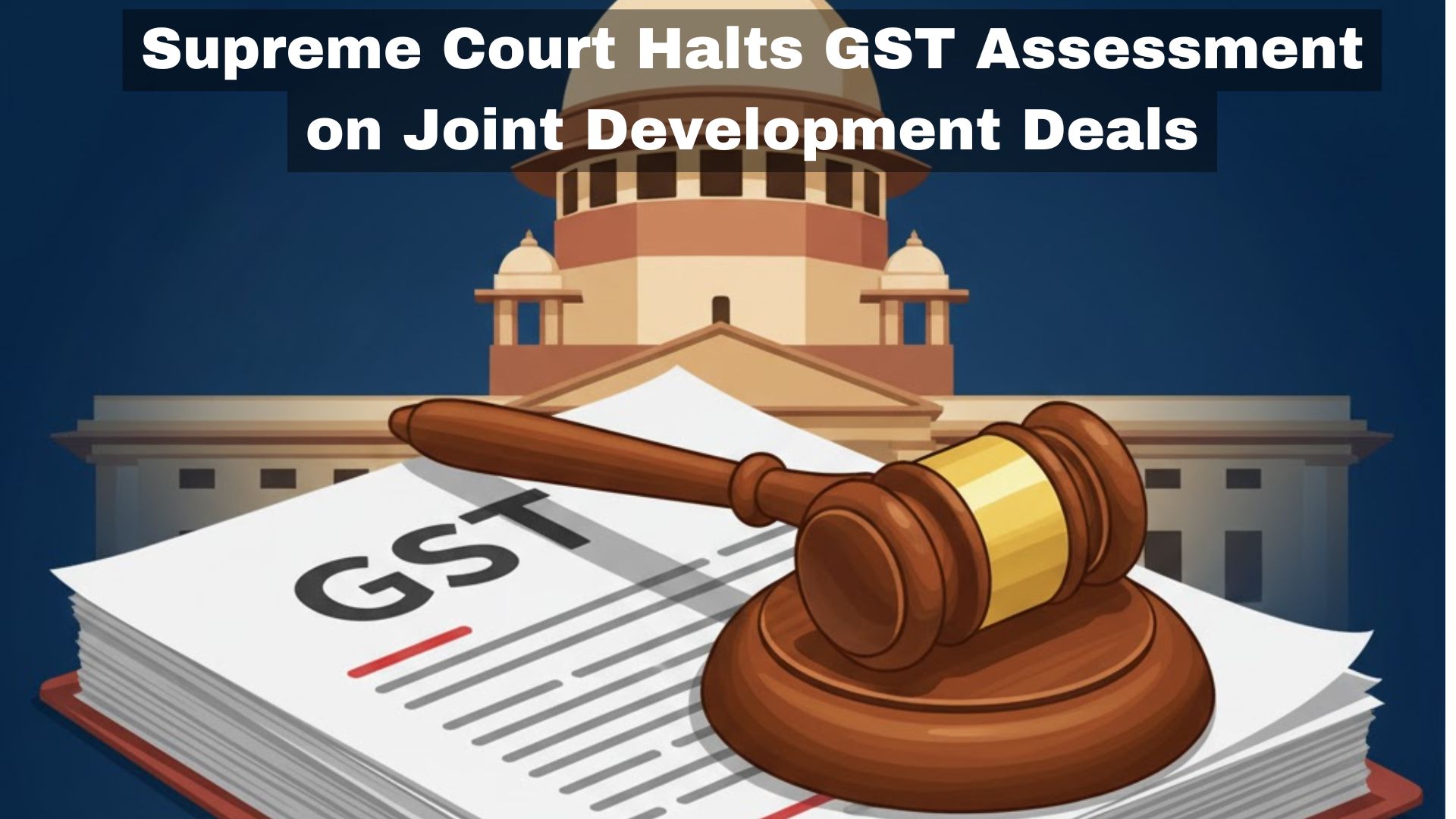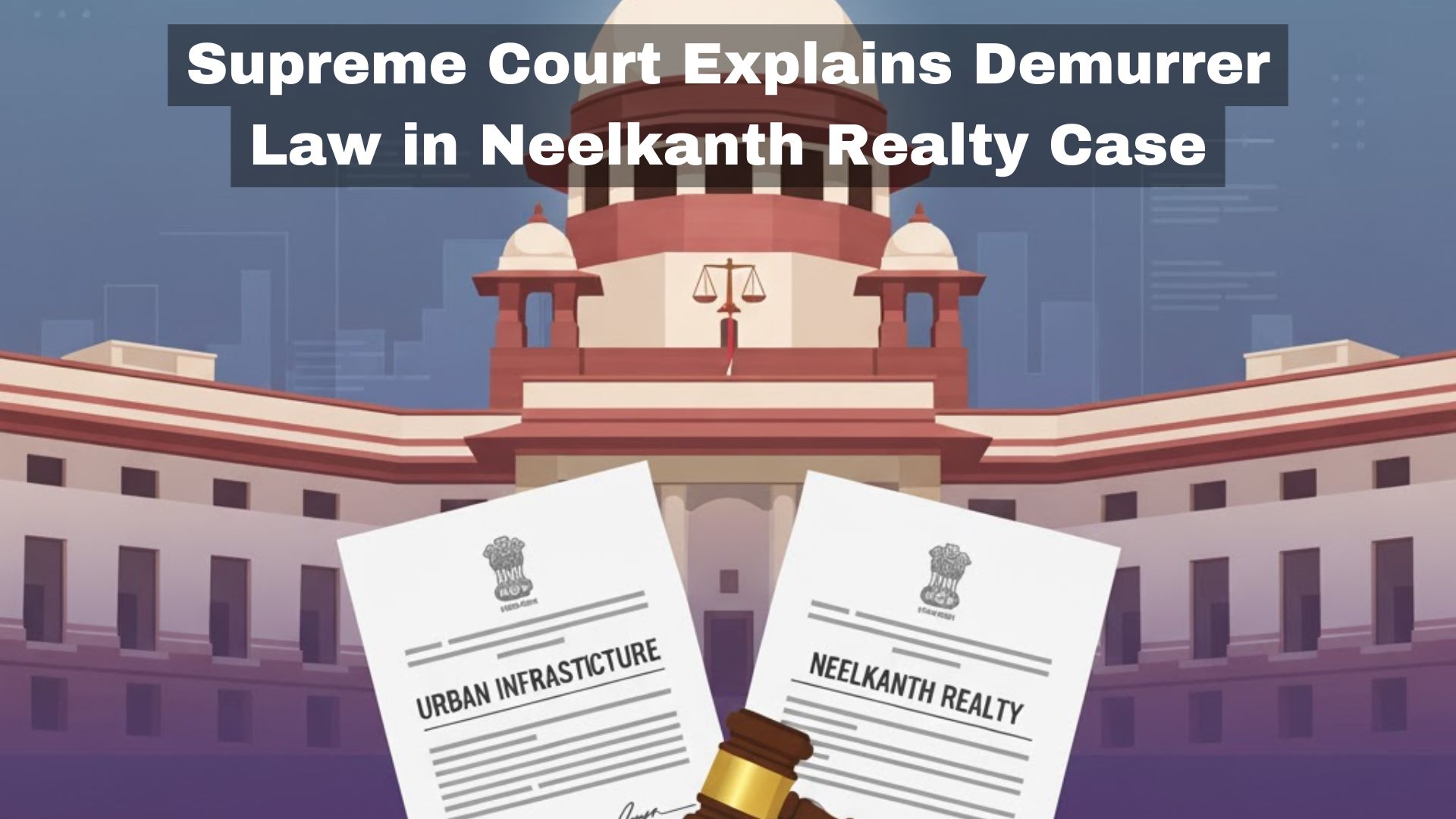@JUDGMENTTAG-ORDER
K. Ramaswamy, J.@mdashWe have heard learned Counsel for the petitioner.
2. Notification u/s 4(1) of the Land Acquisition Act, 1894 (for short, the ''Act'') was published on July 11, 1953. Successive declaration u/s 6
came to be published in the year 1955-56. Thereafter, as many as 40 awards have been passed determining the compensation. In this case notice
was issued by the second respondent on May 15, 1963 u/s 9 of the Act pursuant to which the petitioner had filed his objections. Thereafter, the
award came to be made on 13.3.1985. He filed writ petition challenging the validity of the notification u/s 4(1) and the declaration u/s 6. Primary
contention raised in the writ petition was that the petitioner had not been given notice u/s 5-A whereas being a sub-lessee, he was an interested
person. The High Court was not impressed with the argument. He further contended that there was inordinate delay in passing the award. On that
account, notification u/s 4(1) and declaration u/s 6 were required to be set aside. That contention was also negatived. The learned single Judge by
judgment dated February 16, 1996 dismissed the writ petition. On appeal, the Division Bench in the impugned order dated June 12, 1996 in
Appeal No. 423/96 confirmed the same.
3. The learned Counsel for the petitioner contended that since the land in an extent of 567 acres was acquired for public purpose, namely,
establishment of IIT, transfer of 60 acres of land to NITIE by the TIT by a resolution of the Government, viz., 95 of 1970, dated June 26, 1970
was clearly a fraud on public purpose. Therefore, the acquisition is not valid in law. In support thereof, the learned Counsel placed reliance on the
judgment of Bombay High Court in 447046 and of Delhi High Court in 824787 . We find no force in the contention. It is settled law that the land
acquired for public purpose can be transferred to another public purpose. Paramount consideration will be service of the public purpose. The
NITIE is also one of the public institutions imparting technical education in the region. Under these circumstances, the transfer of 60.8312 acres of
land handed over to NITIE pursuant to the resolution made by the Government is not vitiated by any error of law nor the notification u/s 4(1) and
declaration published u/s 6 become bad in law. The aforesaid decisions bear no relevance.
4. It is next contended that in view of the inordinate delay in passing the award, the acquisition should be required to be quashed. We find no force
in the contention. It is seen that in Maharashtra State, as per the rules prevailing, pursuant to the notice u/s 5-A a personal hearing is required to be
given to all the owners. In a massive acquisition like this, it would be well neigh impossible to the Land Acquisition Officer to pass the award within
a short span of time. Under these circumstances, necessarily delay had occasioned in passing the awards. The petitioner had evoked at a belated
stage in 1985, after practically 22 years. The High Court was, therefore, clearly right in refusing to exercise its discretionary jurisdiction under
Article 226 of the Constitution.
5. The SLP is accordingly dismissed.

